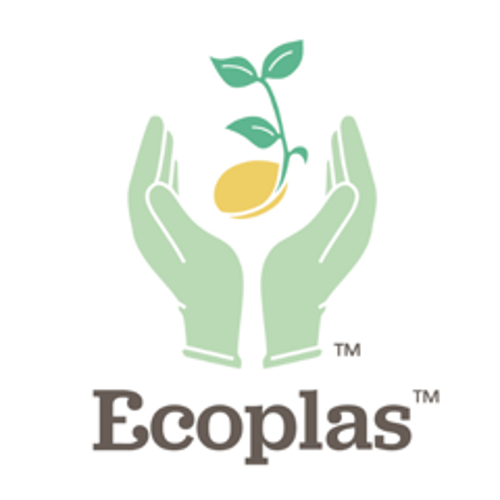Why Ecoplas™?
The dentist founders of Ecoplas™, with more than 40 years practicing experience in between them, are tired of seeing vast amounts of single-use plastic barriers go into landfill everyday.
Ecoplas™ is an initiative that makes moisture impervious barriers out of corn and other plant-based materials. Our barriers are compostable and will break down naturally in the environment, leaving no harmful residue.
We are a not-for-profit organisation. 100% of proceeds are re-invested to develop new products that will make dentistry and health care more sustainable.
What are Ecoplas™ barriers?
Ecoplas™ has partnered up with Compost-A-Pak®, a trusted Australian company, to produce innovative, 100% plastic free barrier products.
The main organic ingredient used in Ecoplas™ products comes from corn, an annually renewable crop which can re-grow and be harvested in a single season. The corn kernels selected are classified as third-grade corn (which are not suitable for human or animal consumption), a waste product normally left to rot by farmers. Utilisation of this “waste product” corn allows for reduction of produce waste. The corn crops are deliberately sourced from international GMO-free regions with high levels of rain to minimise any irrigation.
Corn starch is combined with other biodegradable ingredients and some proprietary elements into BF Series Resin which are then extruded into blown film bags and sheets. The products are then printed with non-toxic white soy-based ink.
What are Ecoplas™ barriers?
Ecoplas™ compostable bags and barrier sheets are certified compostable by the major global certifying bodies across Europe, North America and Australasia.
We are certified to the Australian Commercial Composting Standard (AS4736) as well as the Australian Home Composting Standard (AS5810).
Worldwide standards dictate that compostable products should biodegrade by at least 90% within 90 days in a commercial composting facility. Our barrier products were shown to biodegrade by 99% in half the time!
Ecoplas™ products have passed the Eco-Toxicity and Worm Tests, a unique Australian Standard and the most stringent of all worldwide compostability standards.
Our barrier products are safe and can be even used for organic farming and worm farms. In short, we have done all that we can to help the medical and dental industry easily keep up with stringent infection controls without a plastic barrier foot print.
Single use plastic waste in dentistry and medicine
Medical and dental waste are big contributors of global single-use plastic problem. Staggering amounts of plastic barriers and single-use items are used to keep up with infection control protocols and make change over in between patients easier.
While there are now options for oxo-degradable or biodegradable plastic barriers, these are essentially still plastics which have had additives to make them break down faster.
Medical and dental plastics waste are often contaminated, thus unable to be recycled which end up in landfill or must be incinerated.
Plastic pollution- microplastics
Plastics are made from fossil hydrocarbons and can not degrade in the environment. Sunlight weakens plastics, causing fragmentation into microplastics which reaches millimeters or micrometers in sizes. Microplastics continue to break down until they are so small that they must be measured on a nanometre scale.
The tiny size, variable surface topography, thermal properties, bioavailability and biological toxicity of microplastics all offer opportunities for these pollutants to negatively impact the environment.
Microplastics and ecology
Since microplastics are tiny particles in aquatic environments, they can be easily ingested by aquatic organisms, where an accumulation of microplastics can adversely affect their growth, survival and reproduction with cascading negative effects up the food chain.
Microplastics' impact on health
Microplastics work their way up the food chain through bioacumulation. Human exposure to microplastics can occur through ingestion, inhalation, and dermal contact due to their presence in food, water, air, and consumer products. Microplastics exposure can cause toxicity through oxidative stress, inflammatory lesions, and increased uptake or translocation. Microplastics have been found to release their constituent compounds as well as those that have been adsorbed onto their surfaces, posing further health risks. Several studies have demonstrated the potentiality of metabolic disturbances, neurotoxicity, and increased cancer risk in humans.
Join us! Say NO to plastic barriers in health care, starting with dentistry.
Switch over to 100% compostable, plastic free Ecoplas bags and sheets. Our barriers exceed global compostability standards and make terrific worm food.
